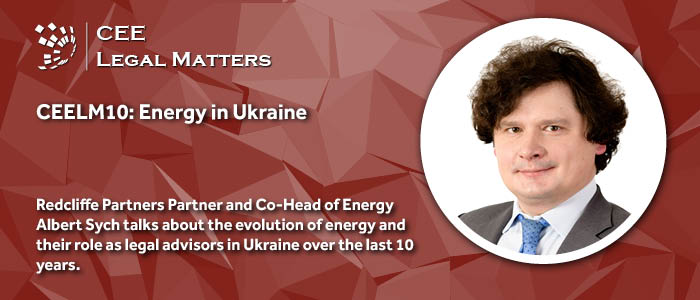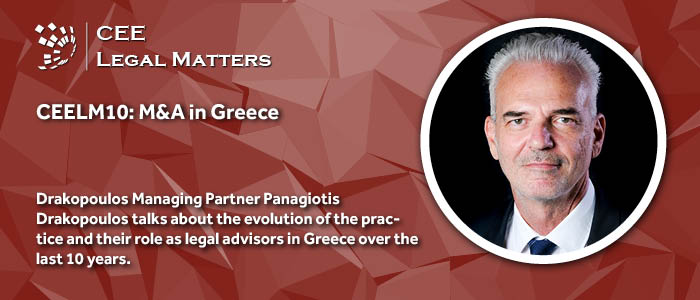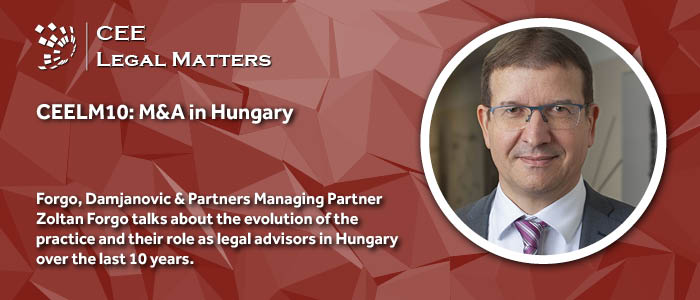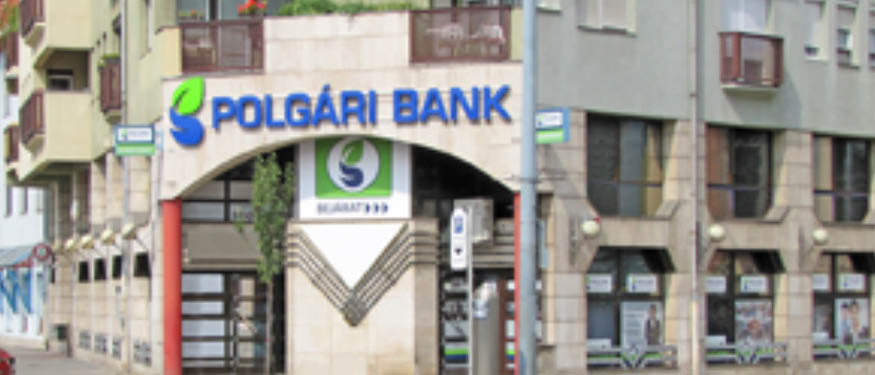“Taxation according to income is the most effective instrument yet devised to obtain just contribution from those best able to bear it and to avoid placing onerous burdens upon the mass of our people.” – Franklin Roosevelt.
Hungary: Tendencies in Tax Procedures
I’ve always been very interested in trends and statistics, and recently have been looking at potential trends in applications for a legal award. Based on the call for submissions, you can apply in six categories, which include, of course, very trendy topics such as data protection, digital solutions, and ESG, the more traditional ones of M&A and intellectual property, but for the sixth consecutive year, there is a tax law category. Moreover, not only does such a category exist, but the number of applicants is outstanding.
Montenegro: A Favorable Taxation Environment
Excellent economic independence, monetary stability, and a steady tax structure in Montenegro, together with the Government’s customs and fiscal incentive measures, are attracting many foreign investors.
Ukraine: Technological Innovation in Taxation
In light of the ongoing war with Russia, Ukraine is leveraging technological innovations to fortify its taxation system, ensuring efficiency and transparency. Two notable initiatives – electronic residency and electronic excise tax stamps – will transform how business is conducted and taxes are collected in the country.
Poland: National e-Invoicing System – A Revolution for VAT Payers
The summer of 2024 will mark the starting point of a revolution for VAT payers in Poland. Following global and EU trends, Poland will introduce mandatory structured invoicing for B2B transactions.
Bosnia and Herzegovina: Specifics of the Tax System
The first thing that comes to mind when discussing the tax system in Bosnia and Herzegovina is the complexity of the regulations governing the practical implementation of tax laws. This complexity stems from constitutional provisions that regulate the jurisdiction of institutions at the level of Bosnia and Herzegovina, entities, or even cantonal authorities. Therefore, for a better understanding, it is essential to make a clear distinction between direct taxes (income of individuals, profit of legal entities, property) and indirect taxes (VAT, excise taxes).
Bulgaria: A Deep Dive into Taxation of Crypto-Assets
The sweeping digital transformation has significantly changed the economic and financial landscape, and at the heart of this change is the emerging phenomenon of cryptocurrencies. With this innovative fusion of finance and technology, the pertinent question of how to tax these new assets arises. Bulgaria, like its global counterparts, is grappling with the complexities of this issue. Dive in for an in-depth look at Bulgaria’s approach to taxing crypto assets.
CEELM10 Interview: A Decade of Energy in Ukraine
Redcliffe Partners Partner and Co-Head of Energy Albert Sych talks about the evolution of energy and their role as legal advisors in Ukraine over the last 10 years.
CEELM10 Roundtable: A Decade of M&A in CEE
On November 21, 2023, corporate/M&A and private equity experts from Bulgaria, Greece, Hungary, Kosovo, Moldova, Romania, Serbia, Slovakia, Turkiye, and Ukraine sat down for a virtual round table moderated by CEE Legal Matters Managing Editor Radu Cotarcea to discuss the key developments in the field over the past decade.
CEELM10 Interview: A Decade of M&A in Bulgaria
Hristov & Partners Partner Dragomir Stefanov talks about the evolution of the practice and their role as legal advisors in Bulgaria over the last 10 years.
CEELM10 Interview: A Decade of M&A in the Czech Republic
PRK Partners Co-Head of Corporate and M&A Milan Sivy talks about the evolution of the practice and their role as legal advisors in the Czech Republic over the last 10 years.
CEELM10 Interview: A Decade of M&A in Greece
Drakopoulos Managing Partner Panagiotis Drakopoulos talks about the evolution of the practice and their role as legal advisors in Greece over the last 10 years.
CEELM10 Interview: A Decade of M&A in Hungary
Forgo, Damjanovic & Partners Managing Partner Zoltan Forgo talks about the evolution of the practice and their role as legal advisors in Hungary over the last 10 years.
CEELM10 Interview: A Decade of M&A in Kosovo
Kerveshi & Partners Managing Partner Kujtim Kerveshi talks about the evolution of the practice and their role as legal advisors in Kosovo over the last 10 years
CEELM10 Interview: A Decade of M&A in Moldova
Vernon David Partner Sergiu Bivol talks about the evolution of the practice and their role as legal advisors in Moldova over the last 10 years.
CEELM10 Interview: A Decade of M&A in Romania
Musat & Asociatii Deputy Managing Partner Razvan Stoicescu talks about the evolution of the practice and their role as legal advisors in Romania over the last 10 years.
CEELM10 Interview: A Decade of M&A in Serbia
Doklestic, Repic & Gajin Partner Slobodan Doklestic talks about the evolution of the practice and their role as legal advisors in Serbia over the last 10 years.
CEELM10 Interview: A Decade of M&A in Slovakia
Ments Partner Peter Makys talks about the evolution of the practice and their role as legal advisors in Slovakia over the last 10 years.

































